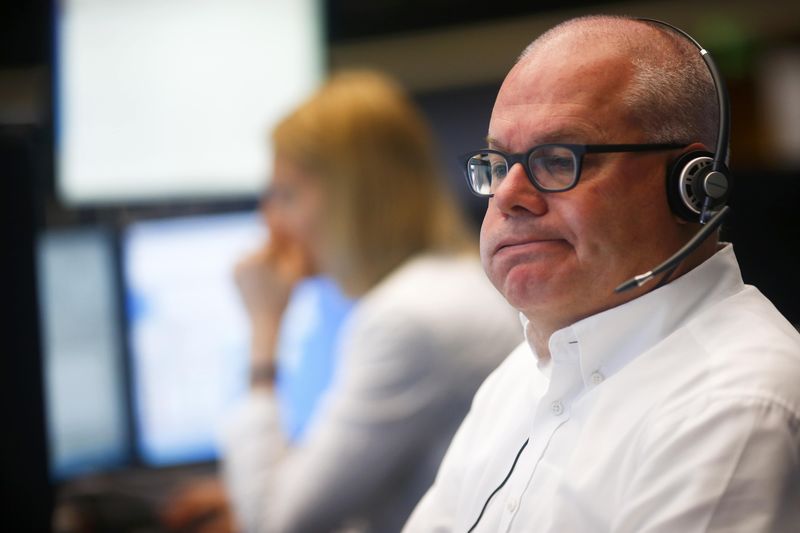Benzinga - The past week’s strong data points got experts talking about “higher rates for longer.” Former Treasury Secretary Larry Summers offered his take on the data and the near-term trajectory of the Fed funds rate.
What Happened: The Fed has been trying to put the brakes on, and it doesn’t look like the brakes are getting much traction, Summers said in an interview with Bloomberg Television.
He was responding to a question on whether there should be a rethink on how to approach inflation, given that it is not coming down at a fast pace.
“And when your brakes don't get much traction, two things happen. You can be moving too fast,” the former treasury secretary said, referencing the build-up in inflationary pressure. Alternatively, one can set oneself up for "some kind of collision or crash down the road," he said, apparently referring to a recession.
“And both of those things, I think, are real risks in this environment,” Summers said.
He noted that the economy is chugging along nicely, with “super strong” demand, the highest ratio of vacancies to unemployment, solid retail sales, and job creation exceeding population growth by a factor of five.
See also: Best Depression Stocks
At the same time, the broadest measure of inflation is at its highest in 40 years and running closer to 7%, signaling a general broadening pricing pressure, Summers said.
“It raises the possibility that we're not landing at a terminal rate sometime in the next several months, or that we're going to have to go back to hitting the brakes harder by more than 25 basis points,” he said.
Summers, however, said the Fed has to be very careful. He said he doesn’t support the idea of hitting the brakes "very hard," as there is also the possibility of the “Wily Coyote” moment that he's been cautioning about, which could come in the next few months.
More Possibilities Open: When Summers was probed about the near-term rate trajectory, he said by moving slowly, the option not to do the last move is preserved. “Once you're sure that a move is necessary. I don't think there's any great advantage to delaying that move,” he added.
He believes that there are more possibilities open at this point. He sees a risk in hitting "the brakes very, very hard," as the impact on the economy could coincide with negative cyclical dynamics involving rising savings and excess inventory. This, in turn, could produce a dangerous drop-off, he added.
Read next: Larry Summers Advises Biden To Stay Strong On Debt Crisis: President Shouldn't 'Bow To Demands Of Extremists'
Photo: courtesy of Chatham House on flickr
© 2023 Benzinga.com. Benzinga does not provide investment advice. All rights reserved.
